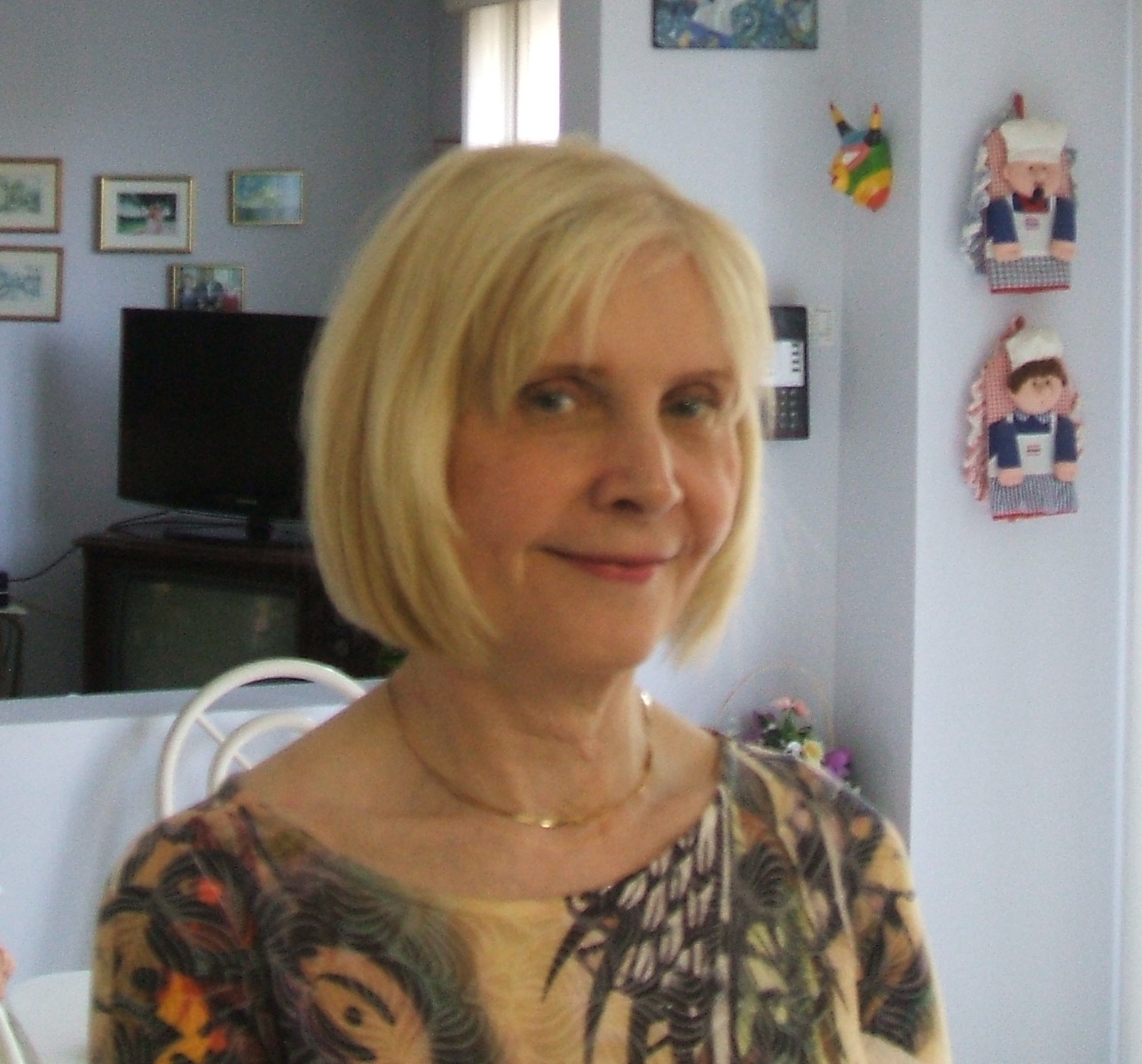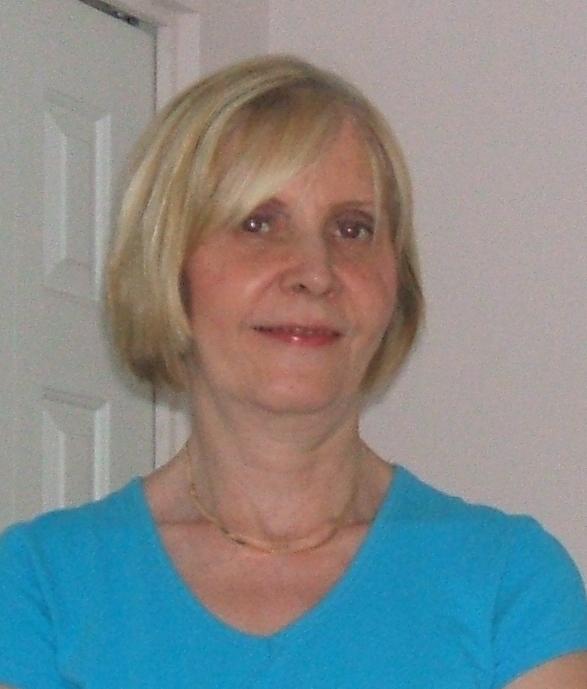Freelance-Zone.com welcomes Sigrid Macdonald back with another round of writing tips. It’s great to have you back, Sigrid!
Often writers want to sound modest, so they say things like “I’m not an authority,” or “I could be wrong.” This may work well in general conversation or on a message board, but it doesn’t fly in a book, blog post or an article. Why not? Well, if you’re not an authority, why should I care what you write?
Let’s say you’re discussing bullying. If you preface your remarks by saying that this is just your humble opinion and you may not be right, readers have no reason to give your words any credibility. Take the time and the effort to establish and substantiate your position; then don’t undermine yourself by saying that you’re not an authority.
Sigrid Macdonald is a book coach, a manuscript editor, and the author of three books including Be Your Own Editor. BYOE is available on Amazon in soft cover and on Kindle . Or get 20% off the regular price by writing directly to the author at sigridmac@rogers.com. Read more at http://beyourowneditor.blogspot.com.


